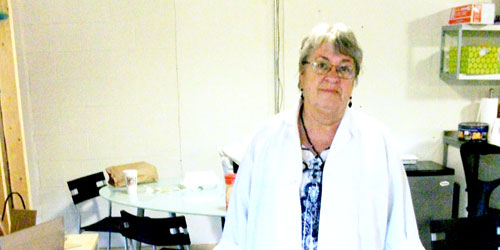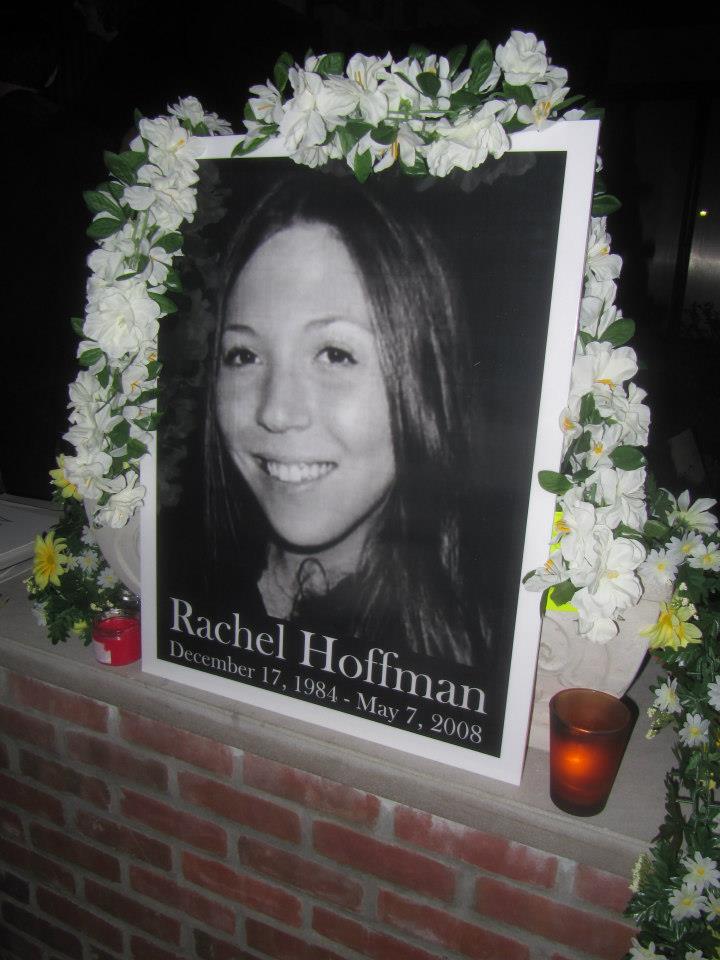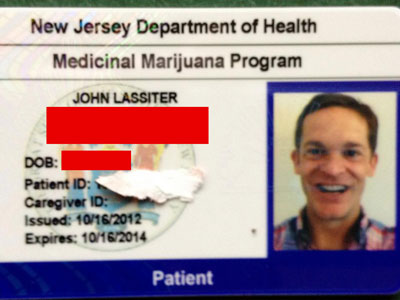 9/26/2012 – Representative Diane Russell (D-Portland), who introduced legislation to fully legalize marijuana in the state of Maine, is running for Speaker of the House.
9/26/2012 – Representative Diane Russell (D-Portland), who introduced legislation to fully legalize marijuana in the state of Maine, is running for Speaker of the House.
The Speaker is elected by the majority party caucus followed by confirmation of the full House through the passage of a House Resolution. In addition to presiding over the body, the Speaker is also the chief leadership position, and controls the flow of legislation and committee assignments.
Russell has been a consistent champion for cannabis reform issues, working to win privacy protections for medical marijuana patients and sponsoring a bill to regulate all uses of cannabis.
Hearings were held in June 2011 on LD1453 “An Act to Legalize and Tax Marijuana” before the Maine House Criminal Justice Committee. Although the committee stopped the bill, Russell already has plans to re-introduce it. Similar laws are going directly before voters in Colorado, Oregon and Washington. If any of them pass this November it would give significant traction to marijuana reform in states that do not have a direct ballot process.
While only Maine residents can sign on to a letter supporting Russell for Speaker, anyone can donate to assist her run.
An effective political strategy for pro-marijuana citizens is to make a donation to candidates with a strong record on the issues. Getting like-minded politicians elected to office is the first step. The more state legislators and federal elected officials who include marijuana reform into their agenda and hold power-positions in government bodes well for us all.
Everyone should vote. Yet the local choices are often narrow. Consider punking a few of the SuperPACs by making some individual political donations non-local and pro-pot.
Find out more about Rep. Diane Russell’s House Speaker run here. Make a donation here.
Chris Goldstein is a respected marijuana reform advocate. As a writer and radio broadcaster he has been covering cannabis news for over a decade. Questions? [email protected]








